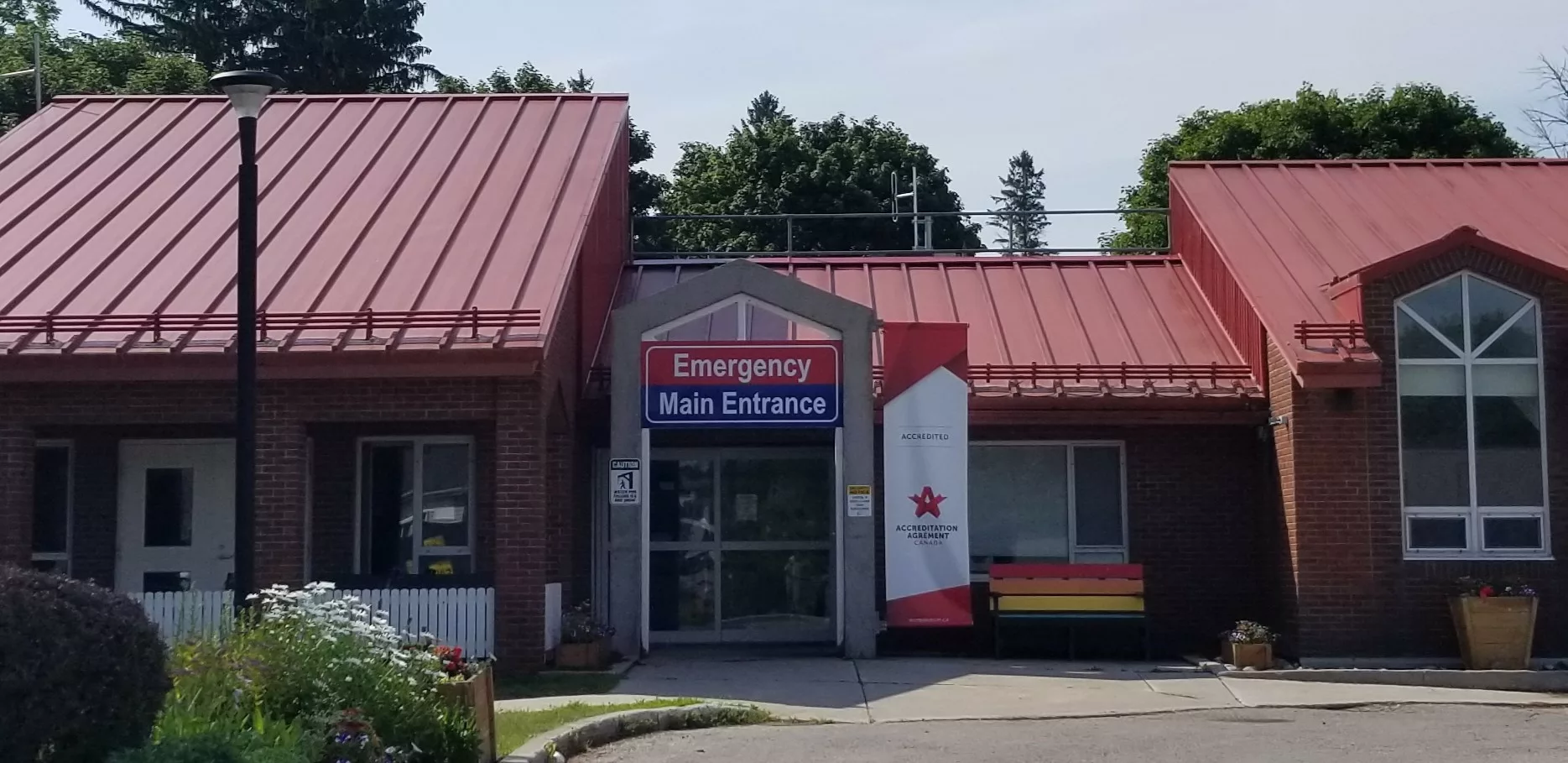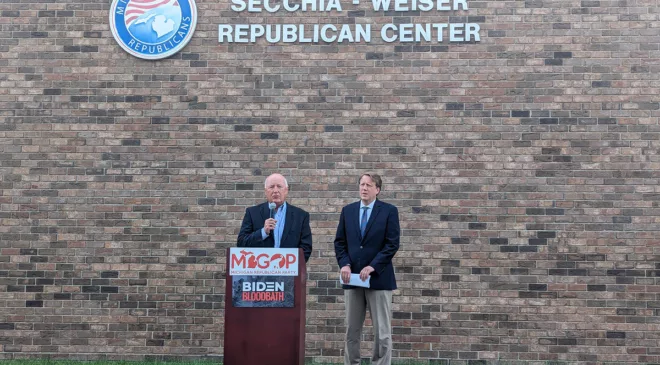
Article content
The Ontario Health Coalition stopped in Chesley Tuesday and heard local people share their struggles and concerns about local health care.
Advertisement 2
Story continues below
Article content
The coalition will issue a report in early September reflecting what it hears during its numerous public consultations across Ontario this summer, and will present some recommendations, coalition executive director Natalie Mehra said.
It’s the same group which has been part of protests over reduced hospital services in Durham and Chesley and is calling for a moratorium on hospital closures and a stop to health-care privatization.
Chesley’s consultation drew about 50 people to the community centre, where nine speakers shared their experiences.
Rev. Craig Bartlett, an Arran-Elderslie United Church minister, described the difficulty he continues to have to find a doctor. He relies on the Chesley emergency department and two outpatient clinics at Owen Sound hospital. His referrals to those clinics took months to almost 2 ½ years.
Advertisement 3
Story continues below
Article content
“I have been doing my best but it has been a struggle trying to get the health-care provision that I need.” A couple of times Chesley’s emergency room has been closed, he noted, as it was Tuesday, a sign on the door announced.
Chesley’s emergency department is only open 7 a.m. to 5 p.m. Monday to Friday but has been subject to periodic closures due to staffing shortages.
The hours are the same in nearby Durham, but its emergency department is open seven days a week. However, its in-patient beds have just been moved to other South Bruce Grey Health Centre hospitals, due to staffing and safety concerns, the hospital’s CEO has said.
An estimated 1,000-plus Arran-Elderslie residents don’t have access to primary health care, Bartlett said, and some he has spoken to have been waiting six or seven years to find a doctor or nurse practitioner. A show of hands at the meeting revealed he was the only one without a family doctor, although some must travel out of the community.
Advertisement 4
Story continues below
Article content

Bernice Kozak said she lives 1 ½ blocks from Chesley hospital but when her partner suffered a heart attack, it took one hour for him to see a doctor. It’s a “crisis” in Chesley, she said.
A neighbour’s partner, who has significant health problems, left him to move to a larger city to live with her son, who can get her in to see his doctor, Kozak said. The remaining partner is listing their house and moving out of Chelsey.
When she retired to Chesley, Kozak left her family doctor behind and when she asked at the Chesley Medical Clinic to be put on a list to get a new one, they laughed at her, she said. “Fortunately, I found a doctor in Kitchener.”
Among points she raised was the amalgamation of four hospitals — Chesley, Durham, Walkerton and Kincardine — isn’t working for Chesley. “It leads to fiscal decisions in the name of efficiency . . . I’ve seen it pit communities against each other. Why did one community get this and we didn’t get that?”
Advertisement 5
Story continues below
Article content
Hazel Pratt raised concern about the four SBGHC hospitals being all under one board and CEO. “I would say there’s been no benefit to Chesley and the area’s patients.
“I don’t feel there’s any equity in the services offered and that the Kincardine hospital has benefitted from this amalgamation, as most of the board members are on the Kincardine hospital redevelopment committee.”
Arran-Elderslie Mayor Steve Hammell and municipal chief administrative officer, Syliva Kirkwood, said they’ve been raising the issue of protecting rural health care at municipal conferences and in one-on-one opportunities.
Hammell called concerns about the state of Chesley hospital, “the largest, biggest, most talked about topic in my six years as mayor.” Kirkwood noted transportation to alternative hospital sites is lacking, particularly to the large local Amish and Mennonite community.
Advertisement 6
Story continues below
Article content
Sporadic hours of the emergency department since at least 2019 has been a burden on the community, she said, and hospital uncertainty is harming opportunities for Chesley’s development and growth, both said.
They’ve been asking the province to create a local mayors’ forum encompassing the communities within SBGHC service area “to regularly communicate and share information on rural health care in our area and to continue to put health care in the forefront of the province’s mandate.”
Such a forum would help provide information directly to the province, while helping municipal officials share information about what’s happening with the public. Arran-Elderslie also wants SBGHC to enhance their communication with the public, Kirkwood said.
Advertisement 7
Story continues below
Article content

The health coalition panel included local health-care advocates Brenda Scott and Norah Beatty, who co-chair the Grey Bruce Health Coalition, NDP health critic France Gelinas, Dr. Adil Shamji, the Liberal health critic, who joined by Zoom, and Graham Webb a lawyer and executive director of the Advocacy Centre for the Elderly.
Mehra, the coalition executive director, was also on Tuesday’s panel and said in an interview the coalition’s report will address how to stop communities having to fight “an existential battle for the future of their hospitals every few years.”
She said she thinks the panel, which must be unanimous on its recommendations, will consider recommending a basked of services each hospital must provide, “so it isn’t up to the discretion of a local, unelected board to determine that they close a hospital . . .”
Advertisement 8
Story continues below
Article content
Hospital governance is another subject the report will tackle. Some communities have “deep distrust of their boards. They’re not elected and people don’t feel that they have their communities’ best interests at heart.” Elected hospital boards are one idea to make them “more responsive to the priorities and values of communities,” she said.
She said “there is a very big difference between what’s happened to the smallest sites of the amalgamated hospitals and the stand-alone hospitals.” The panel wants to see if amalgamations are working “or if we should try something else in Ontario.”
Mehra encouraged people to make submissions of their own by email to info@ontariohc.ca.
Article content






Comments